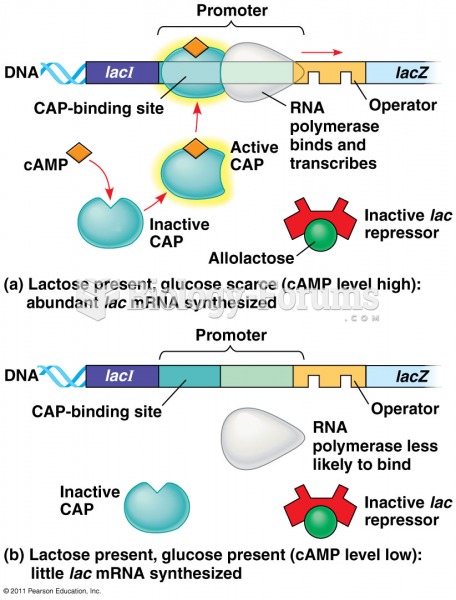|
|
|
There used to be a metric calendar, as well as metric clocks. The metric calendar, or "French Republican Calendar" divided the year into 12 months, but each month was divided into three 10-day weeks. Each day had 10 decimal hours. Each hour had 100 decimal minutes. Due to lack of popularity, the metric clocks and calendars were ended in 1795, three years after they had been first marketed.
There are more nerve cells in one human brain than there are stars in the Milky Way.
If you could remove all of your skin, it would weigh up to 5 pounds.
Thyroid conditions cause a higher risk of fibromyalgia and chronic fatigue syndrome.
The word drug comes from the Dutch word droog (meaning "dry"). For centuries, most drugs came from dried plants, hence the name.







